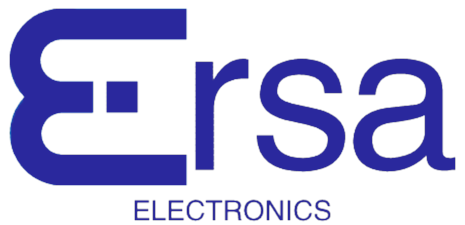Automotive Ethernet PHY
Automotive Ethernet PHY is a critical component in modern vehicle communication systems, enabling high-speed data transfer between various electronic control units (ECUs) within a car. As part of the Connectivity & Telematics domain under Automotive Electronics, it plays a vital role in supporting advanced driver assistance systems (ADAS), infotainment, and vehicle networking. The PHY (Physical Layer) chip ensures reliable and efficient communication over automotive Ethernet networks, providing low latency and high bandwidth for real-time data exchange.
This technology is widely used in applications such as in-vehicle infotainment systems, sensor networks, and vehicle-to-everything (V2X) communication. It supports multiple data rates, including 100 Mbps, 1 Gbps, and even 10 Gbps in some advanced systems, making it suitable for handling large volumes of data from cameras, radar, and other sensors. Automotive Ethernet PHY also enhances system scalability, allowing manufacturers to design flexible and future-proof vehicle architectures.
Designed for automotive environments, these chips are built to withstand extreme temperatures, electrical noise, and mechanical stress. They ensure robust performance in harsh conditions, meeting industry standards for reliability and safety. With the increasing demand for connected and autonomous vehicles, Automotive Ethernet PHY is becoming an essential element in next-generation automotive electronics. Its integration enables seamless connectivity, improves system performance, and supports the evolution of smart mobility solutions.
Details
Automotive Ethernet PHY

Related Parts
| Series Name | Description | Manufacturer Name | Attribute Description |
|---|---|---|---|
| NXP Semiconductors | 1 Mbps CAN FD controller, 5 V supply, high-speed mode, low-power sleep mode, integrated LDO, TXD input, RXD output, thermal & fault protection, wide temperature range, suitable for automotive applications. | ||
| Texas Instruments | 2-channel Class-D amplifier, 50W per channel into 4Ω, 25W into 8Ω, 10% THD+N, wide supply voltage (4.5V to 26V), high efficiency, low noise, integrated protection, supports stereo/bridge configurations. | ||
| Texas Instruments | 10/100 Mbps Ethernet PHY, single-port, MII/RMII interface, automotive-grade, -40°C to 125°C temperature range, low power consumption, integrated signal conditioning, IEEE 802.3 compliant. |








.png?x-oss-process=image/format,webp/resize,h_32)










